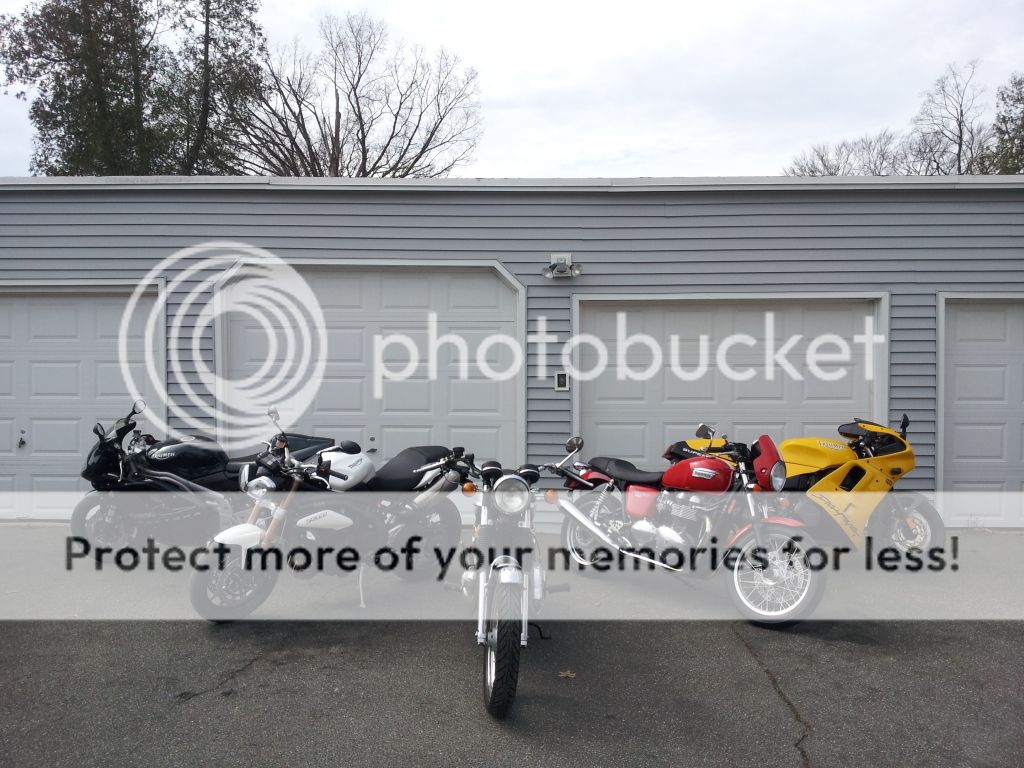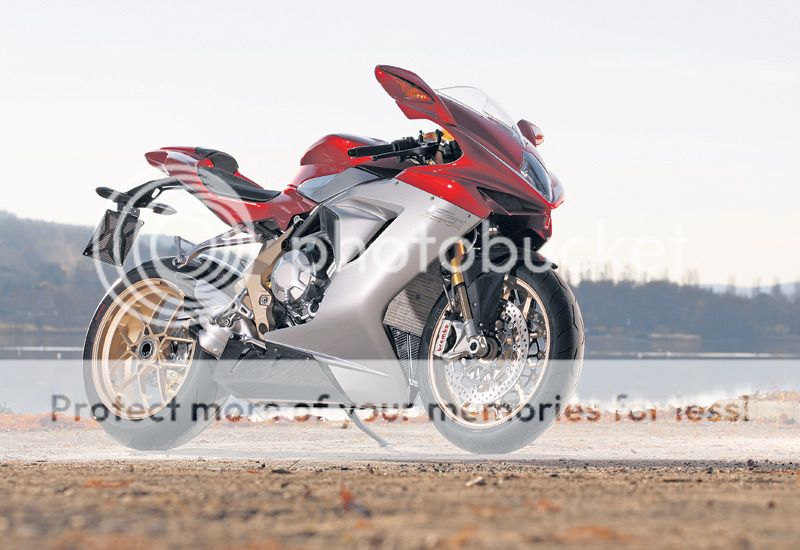Introduction for the Novice Rider
A forward from the thread author...
I notice that every so often a thread pops up with questions about where someone should start, now that they've decided that two wheels is right for them. I also see people giving advice, some good, some kinda... eh. And while I try not to come off as a know it all, motorcycles are all I've ever known. I've spent time at shows, spent time at the track, spent time in workshops, spent time in the saddle and even spent time in and out of medically induced comas at a hospital after one particularly astounding ******** up. I've seen the good parts of riding, I've seen the shitty. I've watched friends go down, bikes tumble end over end, people sprawled out on the pavement after introducing their GSX-R to the side of a minivan at 55 miles an hour. I've also seen friends discover a hobby that they truly love, seen some people with amazing bikes they've put their heart and soul in to, and have had some of the best times of my life on two wheels.
Is this the right hobby for me?
So first, ask yourself this. Are you a total moron? No? On to question two. Are you a total coward? Still no? Well you might be in the right place.. Look, I'm not saying that this is a macho thing or that it's rocket science, because it's not. As simple as riding is (And it is) there's a lot more to owning a motorcycle then there is to owning a car. This is because, first and foremost,
motorcycles are recreational vehicles.
Motorcycles are not ideal as an only mode of transportation
News flash: Riding in cold, wet, or icy conditions is not fun. Unless you're one of those crazy adventure riders with your big BMW dual sports and a heated waterproof suit, you really have no business riding when it's pouring rain and 35 degrees out. When it comes time to load up all your friends for a road trip, good luck fitting all of them in... or on, rather, your R6. Also, I don't know about where you live, but last summer some dickheads kicked over my dad's bike for Ha-ha's in a restaurant parking lot while he was inside, eating. Trust me, you DON'T want to leave your bike unattended while you walk around the mall with friends, are sitting in class for six hours, etc. etc.
I'd like to note that there are a few exceptions to the above paragraph. Many developing nations use motorcycles as an individual form of transportation. There are also mopeds and scooters... of which I don't really know much about... that are designed specifically with the commuter in mind. Now, two wheeled vehicles can very easily be a nicer, cheaper alternative to owning a car but it takes some serious option-weighing before committing to one.
Motorcycles require more attention than cars.
I don't mean that from a functional standpoint. An engine is an engine. But for the most part, everyone has a car. Cars get you to work. To school. To your friends house. To the grocery store. To GameStop. Whatever. Even people who aren't gearheads own cars because they have to. A typical car owner doesn't check their tire pressure every time they have to run an errand, or before they head off to work. They don't check the oil or coolant levels unless there's a reason to. They don't scrutinize small details on their car before they drive it. And when things go wrong on a car, the average person just brings it to a mechanic. You REALLY should be paying attention to your bike, doing some checks on it every before you hop on it and go. Something failing on your motorcycle could be disastrous at highway speeds.
You are more vulnerable on a motorcycle than in a car.
Durrrrrrrrrrrrrrr. AND going back to the average person, they are stupid. Which is why accidents happen. Accidents on bikes usually do more damage to you than an accident while you're in a car. And you know what? I'm really wondering why I had to type that. You know that. But, accidents don't just happen from people being stupid. Let's go back to scrutinizing your vehicle. Remember that? This is why bikes require more attention than cars. You need to be able to spot problems with your bike and rectify them before they go from being a small problem to a 65 mile an hour front tire failure.
Riding is something that you really have to WANT to do.
Every time someone says to me, and this isn't just Gaia, it's an everywhere thing, that they want a motorcycle to commute because 'It's cheaper on gas', I die a little bit on the inside. And you know something, it's not just one of those "OH UR A POSER!!1!!" type of things, it's just... let's see... How many times have you been forced in to doing something, like a chore, or errand, or something at work, and because you just don't feel like doing it you start to slow down or space out? Yeah, that might just cause a little hiccup in your productivity or whatever, but if you're just riding to 'save gas' and decide to space out, then chances are you're not giving 100% to the road ahead of you. Which brings me to my next point.
Attentiveness is PARAMOUNT on a bike
Back in the early 80's when my father got his Trident, his first day out on the road he was stopped at a 4 way intersection, at a red light. There was a car beside him, that when the light turned green was in such a hurry that the guy decided to briskly leave the stop line, only to get t-boned by some moron who was trying to beat the red light. My pop saw the car hauling a** down the road and decided to wait, which saved his life. All because he payed attention to his surroundings. One of the things any rider will tell you is that you should ride defensively, and ride as if you're invisible. And this is true. I've almost been killed so many times by merging traffic... Point here is that you definitely need to be aware of what's going on around you.
Basic Skills Needed to Ride A Motorcycle
- Knowing how to ride a bicycle:
As silly as that sounds, bicycles and motorcycles are identical, save for the mechanical bits. If you can ride a bike, you can ride a motorcycle. All the fundamentals are there.
- Knowing how to operate a manual transmission
I've met so many girls who give me that "I WANNA LERN2RYD" bullshit and have no idea how to drive stick in a car. Kind of important, considering most motorcycles (With a few goofy exceptions) are manual transmission. If you have no concept of how the clutch, engine, gearbox, throttle, shifter, etc. work in tandem then that's one more obstacle to overcome. But it's really, really not that big of an obstacle.




